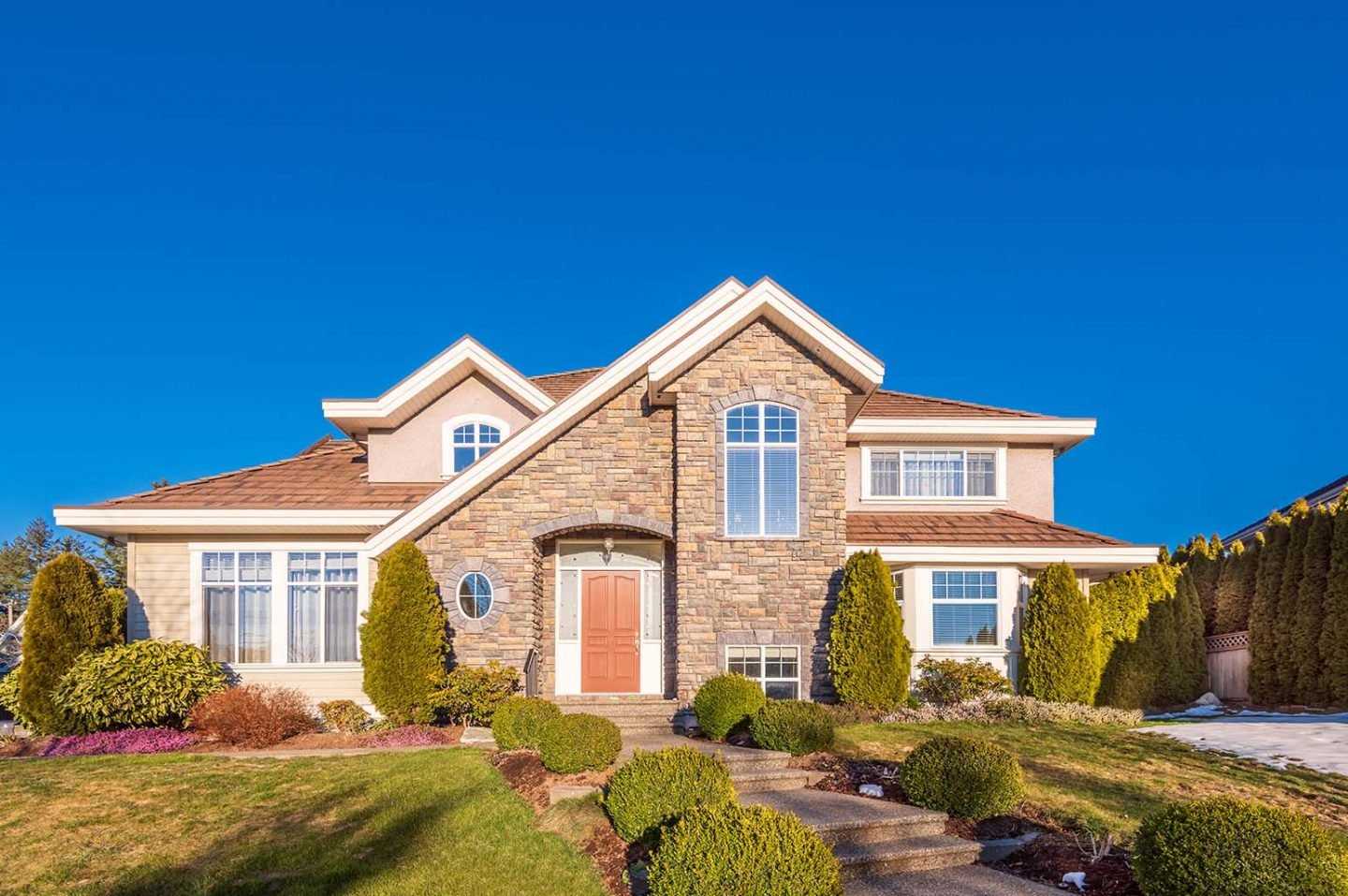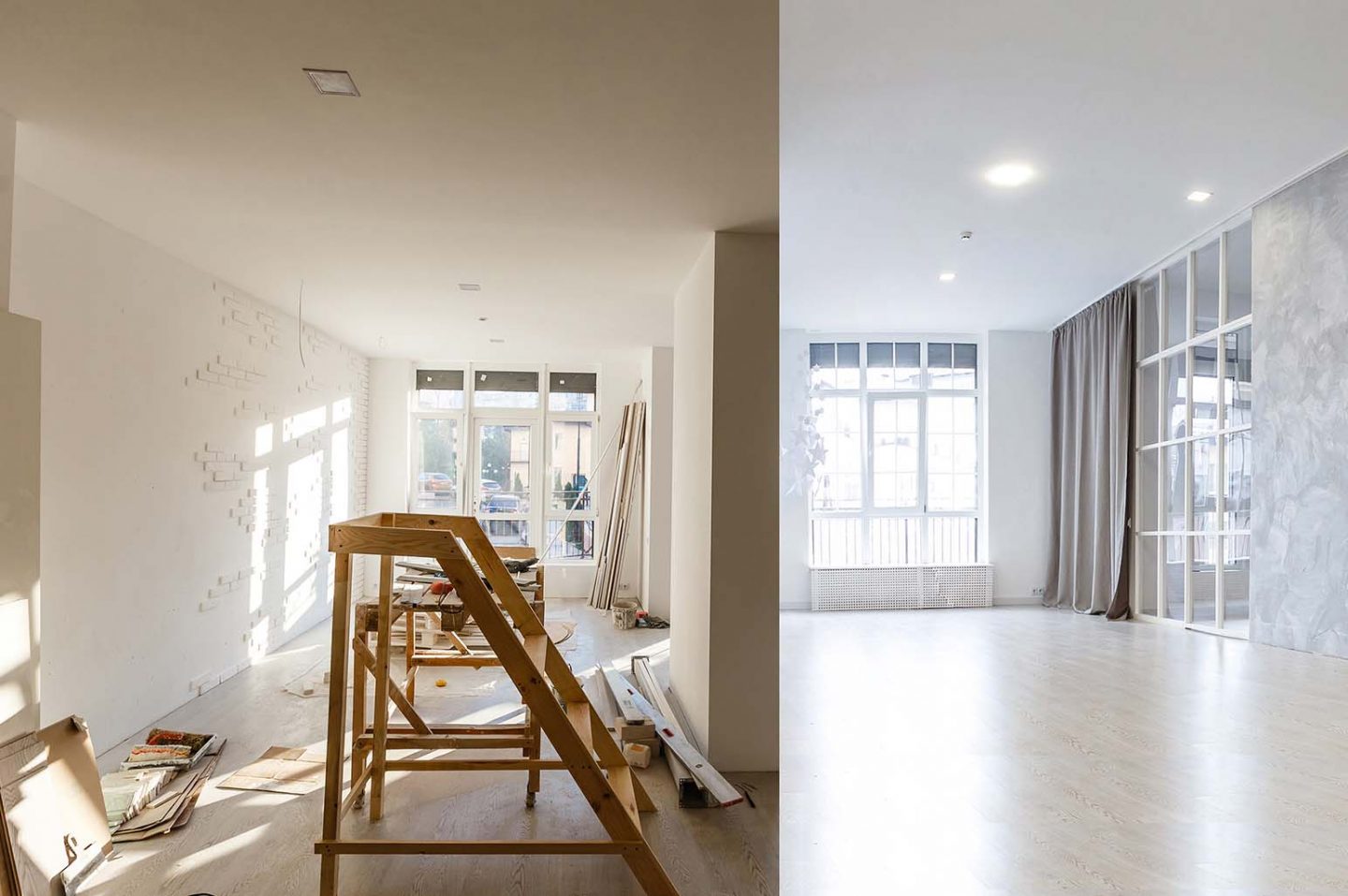Shopping for a new house can be an adventure in and of itself. You never know what you might find or when you might find it. It’s usually normal for first-time buyers to want to go with the first beautiful property they see, but that course of action can potentially lead to headaches in the future. What do you need to know before buying a house? Here’s a list of some things to consider when shopping for a new house:

1. Location, Location, Location
Buying a home in an area where everything you want is within walking distance might be a very attractive idea, but it’s important to remember that what you love today you might find yourself hating tomorrow, especially if the location becomes a high crime zone. For example, looking for a home in a suburban neighborhood can be ideal because you get both convenience and safety. It’s better to drive 10 minutes to get groceries instead of walking through an area riddled with crime where your safety is at risk.
If you’re interested in residential properties for sale in Ipswich, for example, first explore the area and look into crime statistics to ensure it’s a safe and desirable location. Don’t just rely on the beauty and charm of a neighborhood, do your research.
2. Neighborhood
What kinds of activities take place in the neighborhood? For example, if homeowners regularly meet up for social outings or hold casual parties on their front lawns or patios, then that could potentially trigger noise complaints when you’re trying to enjoy quality time with your family.
Also, how fast do people move in and out of the neighborhood? If no one lives there long enough to see their children grow up, then crime could become a concern. What are the local schools like? If you have an answer to those questions, residents of Alberta can check the Edmontonhouseforsale page. They’ve got houses in great neighborhoods and at good prices. If they’re of high caliber, that might be a motivating factor for families to remain in the area. Remember that these are all factors you should consider before buying a house.
3. Market Value
Ensure that the market rate of the area is not too high for homeownership. Otherwise, you might be paying more than necessary and risk receiving less in return upon reselling the house later on. A good rule of thumb is to find homes below $200 per square foot; anything more expensive is likely overpriced and could lead to problems with resale if housing prices decrease significantly (which can happen).
4. HOA Fees
Homeowners associations (HOA) are not all equal; some do more than others to protect the value of your property and its surrounding properties, while others do nothing at all. Before you buy a house in an area with an HOA, make sure that it performs key duties, such as maintaining landscaping. If they don’t, then HOA fees might not actually be worth paying because there’s no guarantee that you’ll get what you pay for.
5. Property Condition
Before you buy a house, make sure it matches your needs. Ask if any remodeling has been done recently to determine how long it would take to pay for itself should you opt to sell the home later on. Remember that the closer a property is to its original state, the higher the potential value it holds.

6. Consider Its Renovation Potential
If the current layout of the house doesn’t suit your needs, you have to ask yourself whether or not it can be renovated to accommodate them. If renovations won’t cost more than what the property is worth, then go for it. There’s value in a properly renovated home that’s done on time and on budget.
7. Size and Storage Of The House
It’s easy to get swept up in the romanticism of owning a house, but it’s important to remember that you’re buying a home for practical reasons too. Ask yourself how much room your family needs, and then consider whether or not you have enough storage space. Too little space can lead to clutter, while too much will make it difficult for you to keep things tidy.
8. Is The House At Risk Of Flooding?
If it is, you can expect to pay more for homeowner’s insurance. If the risk of flooding is high enough that you’re forced to buy flood insurance, then factor that into your house-buying budget (if you don’t want to end up like this guy).
9. Can You Handle Repair Costs?
It’s important to remember that buying a new home doesn’t mean it’ll be perfect; all houses need regular repairs and renovations. Think about how much work you can handle yourself vs. hiring professionals (or even consider doing both), because there are benefits and drawbacks to each option. For example, if routine maintenance is minimal, then DIYing might save you time and
In Conclusion
Don’t go overboard when you’re making offers on houses. If the asking price is too high, then walk away and wait for a better deal because it’ll come around eventually. Buying a house is a huge commitment, so don’t rush into any decision without weighing all your options first. Even if you find a great house that matches every requirement on your list, remember that you never know what could be lurking just out of sight (and this isn’t even to mention unforeseen problems).
